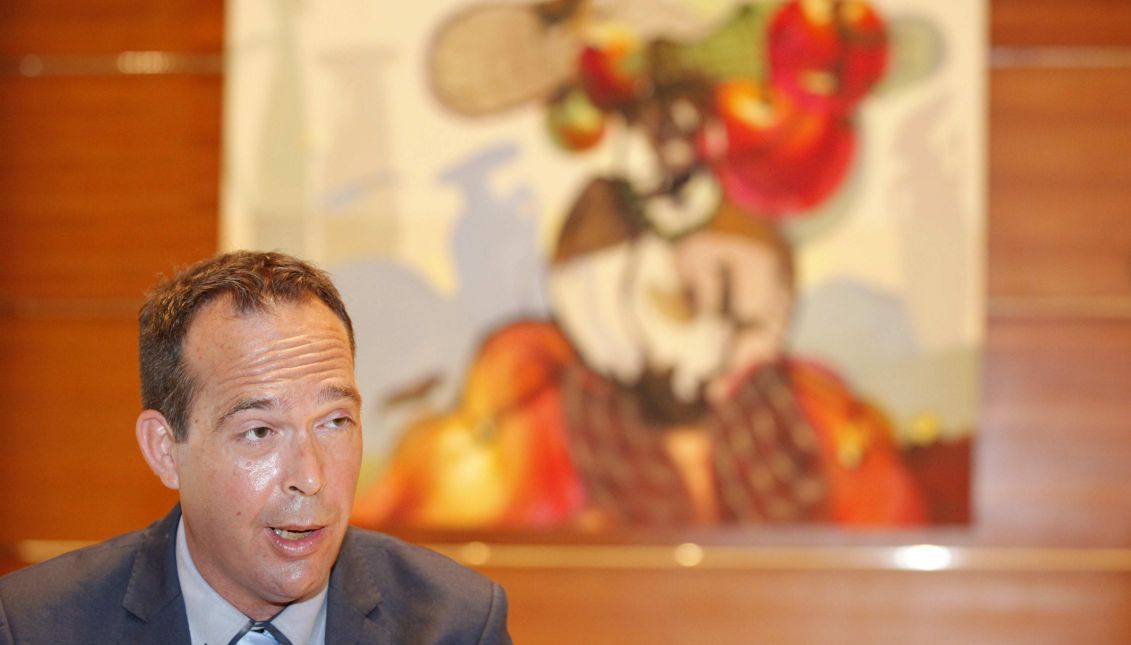
LatAm hotels need reinventing to compete with new online platforms like Airbnb
The market of new platforms for renting out private dwellings is in direct competition with traditional Latin American hotels, which, if they don't start posting their benefits on the Internet and offering social attractions, will end up as the least likely lodgings that travelers will choose.
Such was the opinion that Spain's expert in tourism marketing and the innovation director at Riviera Maya Sostenible, David Vicent, expressed to EFE in an interview regarding Web sites like Airbnb, which offer private dwellings for rent, now more than ever in urban areas.
Faced with the preference for this niche by young travelers, who want to rent and get to know the social surroundings of their destinations, Vicent said that now is the time for big hotel chains to implement a "hybrid" concept between the traditional and the alternative.
"If hotels don't identify the changes in the value/demand equation, a destination will lose its allure and the hotels there will end up empty," said Vicent, who works on projects of the World Tourism Organization (UNWTO).
He said the situation has a host of variables that disrupt hotel operations, like the need to adapt to new digital trends including social media, the use of digitized information by clients, and travelers' changing preferences.
"It's worrying. The sites that offer traditional accommodations have not adapted to new demand models like the youth hostels that offer a social style and are almost always full, compared with conventional hotels that tend to have around a 20-percent occupation," he said.
The expert noted that sustainable tourism becomes endangered if hotels don't adapt, because what is at stake are jobs, the branding of destinations and the social element of touristic communities.
CONTENIDO RELACIONADO
But Vicent is far from believing that the new concepts in lodging rentals are entirely to blame, but rather blames the lack of legislation in Latin America regulating the competition from the new online platforms.
"The laws don't favor the traditional offer, which is what really creates jobs; the other platforms, mostly managed by individuals, pay no taxes nor give the destination any special value," he said.
He warned, however, that Millennials are those who prefer to plan their travels and book their lodgings online.
Starting Tuesday, Vicent is taking part in the 3rd Regional Congress of Hospitality and Tourism in Panama City, organized by the Apatel Panamanian Hotels Association.
At the congress, he will discuss with Latin American hotel representatives the tools and strategies for analyzing and quickly adapting to supply and demand, the competition and sustainable tourism.










DEJE UN COMENTARIO:
¡Únete a la discusión! Deja un comentario.